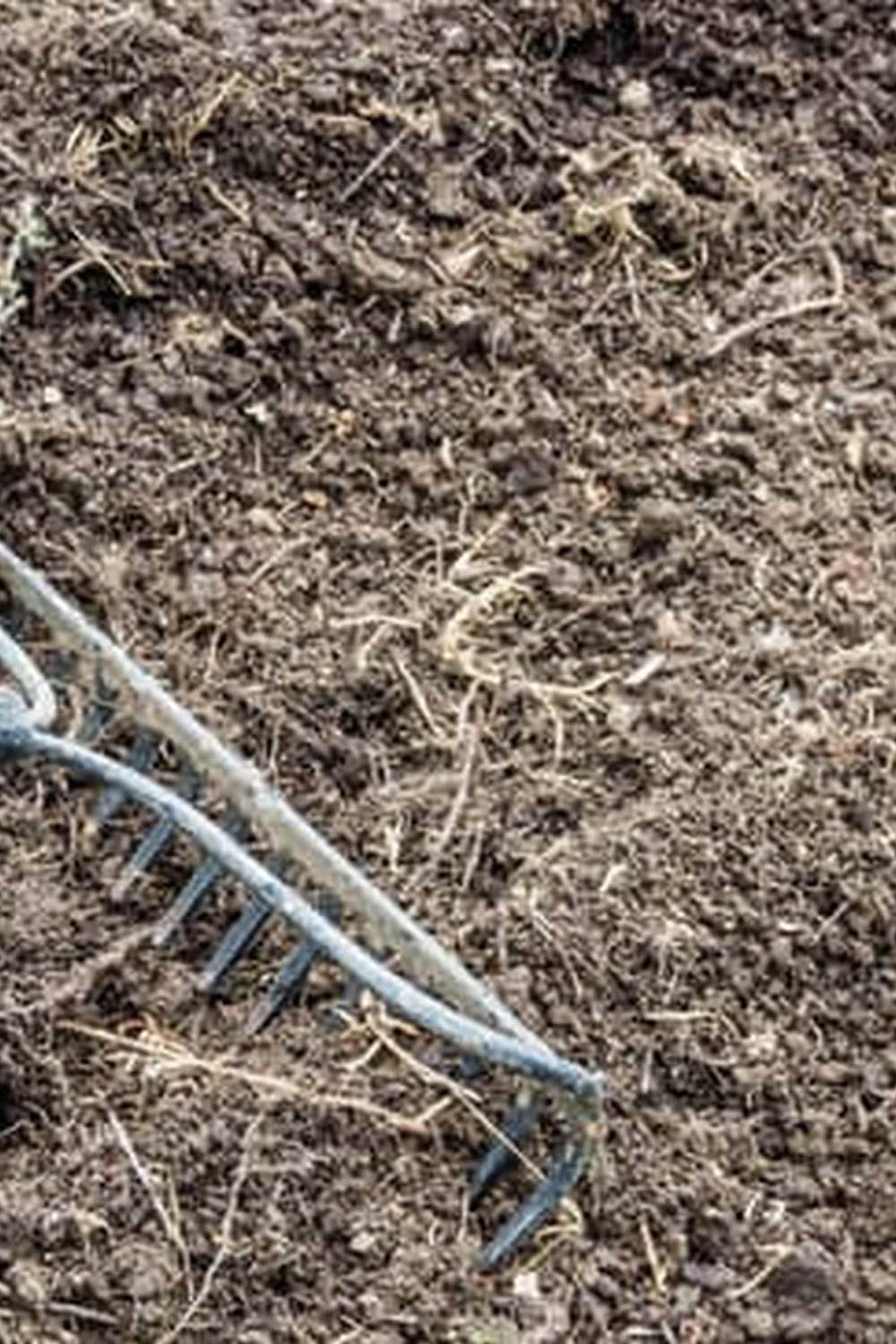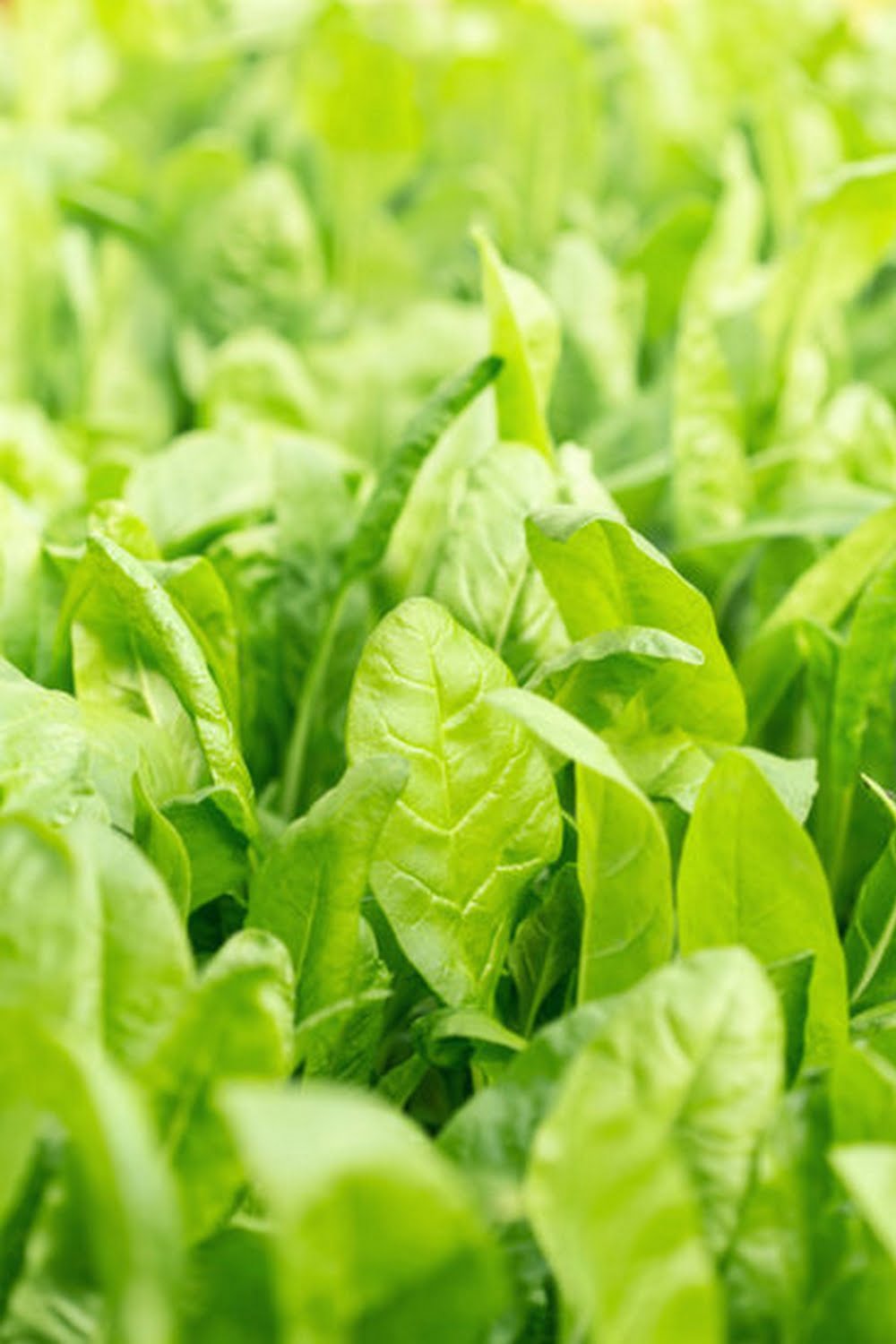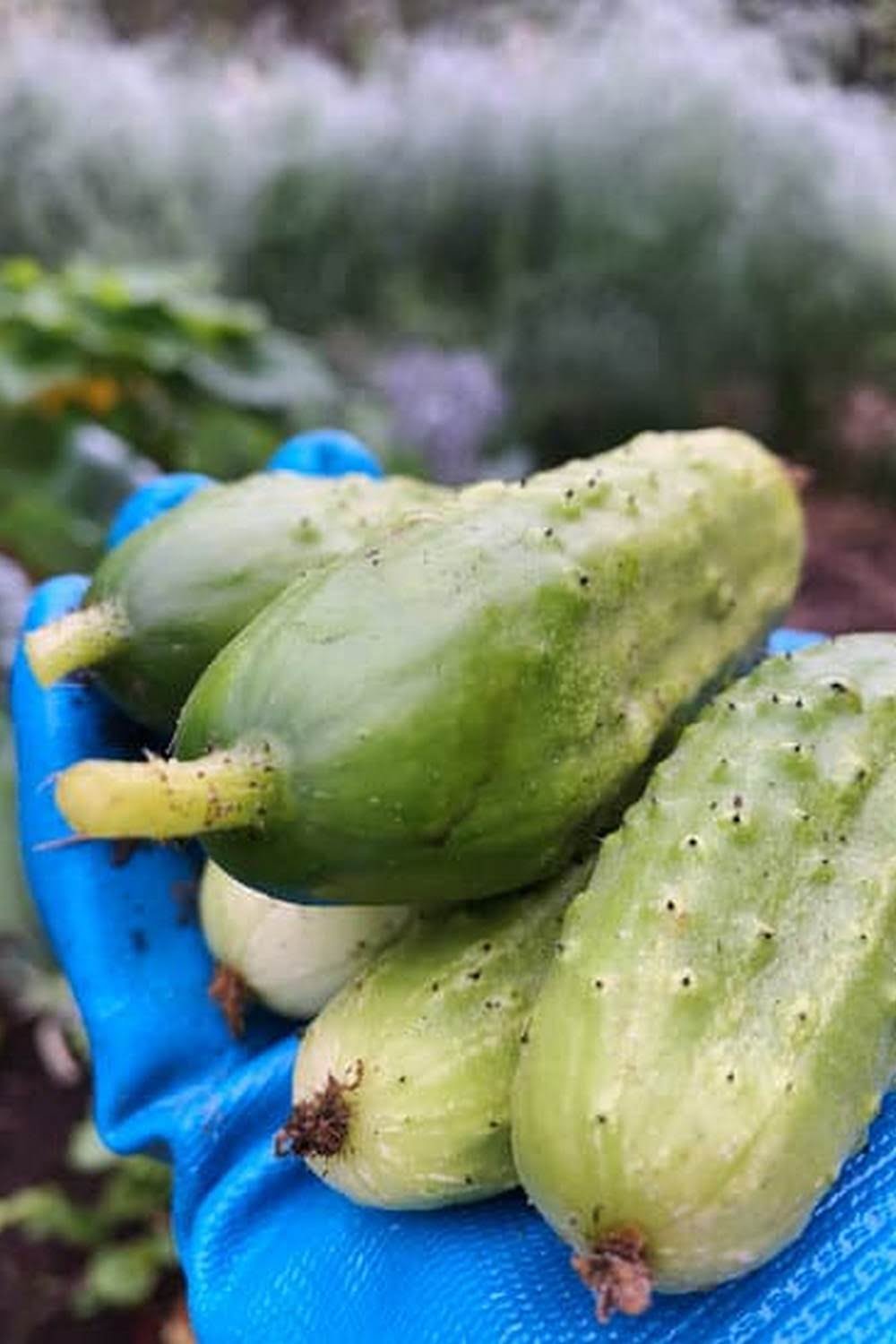Container vegetable gardening has gained popularity among urban and suburban dwellers as a convenient and practical way to cultivate fresh produce. One of the critical aspects of this gardening method is the soil mixture used in containers, which plays a pivotal role in ensuring the health and productivity of the vegetables. Understanding the importance of soil mixture and knowing how to choose, prepare, and maintain it is essential for successful container vegetable gardening.
Container vegetable gardening involves growing vegetables in pots or other containers rather than traditional garden beds. This allows individuals with limited space, such as urban apartment dwellers or those without access to arable land, to enjoy the benefits of homegrown produce. However, the success of this type of gardening hinges on having the right soil mixture for the containers.
The importance of soil mixture cannot be overstated when it comes to container vegetable gardening. A well-balanced and nutrient-rich soil mixture provides an optimal environment for plant roots to thrive, leading to healthy growth and abundant harvests.
In this article, we will delve into the crucial role of soil mixture in container vegetable gardening, explore its components, discuss how to choose the right mix for specific vegetables, and provide valuable insights on preparing and maintaining a healthy soil blend for sustainable gardening success.
Understanding the Importance of Soil Mixture
The success of container vegetable gardening heavily relies on the quality of the soil mixture used in the containers. Soil is not just a medium for plants to anchor their roots, but it also serves as a source of essential nutrients and support for plant growth. When it comes to container gardening, the importance of soil mixture becomes even more crucial as it directly impacts the overall health, yield, and quality of the vegetables grown.
A good soil mixture for container vegetable gardening must possess certain key characteristics. Firstly, it should have excellent moisture retention properties to ensure that the plants receive adequate water without becoming waterlogged. Secondly, it should offer good drainage to prevent water from accumulating at the bottom of the containers, which can lead to root rot and other issues. Additionally, the soil mix should be well-aerated to allow oxygen to reach the roots and facilitate healthy plant growth.
The components that make up an ideal soil mixture for container vegetable gardening include a combination of organic matter such as compost or peat moss, a source of nutrients like well-balanced fertilizer or organic material, and a medium such as perlite or vermiculite to improve drainage and aeration. Each component plays a vital role in creating an optimal environment for vegetable plants to thrive in containers.
| Component | Role |
|---|---|
| Organic Matter (Compost/Peat Moss) | Provides nutrients and improves soil structure |
| Fertilizer/Organic Material | Supplies essential nutrients for plant growth |
| Medium (Perlite/Vermiculite) | Enhances drainage and aeration |
Components of an Ideal Soil Mixture
When it comes to container vegetable gardening, the soil mixture you use plays a crucial role in the success of your plants. An ideal soil mixture provides the right balance of nutrients, aeration, and drainage for your vegetables to thrive in a confined space. The components of the soil mixture are integral in creating the perfect environment for healthy plant growth.
Organic Matter
One of the key components of an ideal soil mixture for container vegetable gardening is organic matter. This can include compost, leaf mold, or well-rotted manure. Organic matter improves the structure of the soil, increases its water-holding capacity, and provides essential nutrients for plant growth. It also encourages beneficial microbial activity in the soil, promoting overall soil health.
Perlite or Vermiculite
In addition to organic matter, adding perlite or vermiculite to the soil mixture is important for improving its aeration and drainage. These materials help prevent compaction and allow air to reach the roots of your vegetable plants. They also aid in moisture retention without causing waterlogging, which can be detrimental to plant health.
Peat Moss or Coir
Another important component of an ideal soil mixture is peat moss or coir (coconut fiber). These materials contribute to moisture retention while still allowing excess water to drain away from the roots. They also help maintain a stable pH level in the soil, which is essential for nutrient uptake by the plants.
By understanding and incorporating these components into your soil mixture for container vegetable gardening, you can create an environment that promotes healthy root development and optimal growth for your vegetables throughout their growing season.
Choosing the Right Soil Mix for Your Vegetables
When it comes to container vegetable gardening, choosing the right soil mix is crucial for the success of your plants. The composition of the soil directly affects the health and growth of your vegetables, making it important to select a soil mixture that provides the necessary nutrients and support for optimal plant development. Here are some tips on how to choose the best soil mix for the specific types of vegetables you plan to grow in containers:
1. Know Your Vegetables: Different plants have different needs when it comes to soil composition. Some vegetables prefer well-draining soil, while others thrive in richer, moisture-retentive mixtures. Before selecting a soil mix, consider the specific requirements of the vegetables you intend to grow.
2. Research Soil Mix Options: There are various types of soil mixes available in the market, each catering to different plant needs. Research different options such as peat-based mixes, compost-based mixes, or specialized blends designed specifically for container gardening.
3. Consider Nutrient Levels: Look for a soil mix that is rich in essential nutrients such as nitrogen, phosphorus, and potassium. These nutrients are vital for healthy plant growth and should be present in adequate amounts in the soil mixture for your container vegetables.
4. Check pH Levels: The ideal pH level for most vegetable plants is between 6.0 and 6.8. Choose a soil mix that has a balanced pH level within this range to ensure that your plants can absorb nutrients effectively.
By carefully selecting the right soil mixture for your container vegetable gardening needs, you can provide your plants with an environment where they can thrive and produce bountiful harvests throughout the growing season.
Preparing the Soil Mixture
When it comes to container vegetable gardening, the soil mixture you use is of utmost importance. The right soil mixture can make a significant difference in the growth and overall health of your vegetable plants. It provides essential nutrients, proper aeration, and adequate drainage for the roots to thrive.
The ideal soil mixture for container vegetable gardening should be well-draining while retaining enough moisture for the plants. It must also provide a stable structure for the roots to anchor into and offer a balanced blend of nutrients necessary for healthy plant development. Components such as peat moss, perlite, vermiculite, and compost are commonly used in creating an effective soil mixture for container gardening.
Preparing the soil mixture for your containers involves blending these components in the right proportions to achieve the perfect balance. One way to do this is by mixing equal parts of peat moss, perlite, and compost. This combination ensures good drainage, aeration, and nutrient content for your vegetable plants. Additionally, adding some slow-release organic fertilizer to the mix can help provide a steady supply of nutrients throughout the growing season.
| Soil Mixture Components | Ideal Proportion |
|---|---|
| Peat Moss | 1 part |
| Perlite | 1 part |
| Compost | 1 part |
| Fertilizer (optional) | Add as per instructions |
Maintaining the health of your soil mixture is crucial throughout the growing season. Proper watering practices, regular monitoring of soil pH levels, and occasional fertilization are key factors in preserving the quality of your soil mix. By preparing and maintaining a suitable soil mixture for container vegetable gardening, you can ensure that your plants receive all they need to thrive and yield an abundant harvest.
Maintaining Soil Mixture Health
Once you have prepared and filled your containers with the right soil mixture for your vegetables, it’s important to ensure that the soil remains healthy throughout the growing season. Proper maintenance of the soil mixture is crucial for the success of your container vegetable gardening. Here are some tips for maintaining the health of your soil mixture:
- Proper Watering: One of the most important aspects of maintaining soil mixture health is to ensure proper watering. Overwatering or underwatering can both be detrimental to the plants and the soil. It’s essential to water your container vegetables according to their specific needs and avoid waterlogged or dry soil conditions that can adversely affect plant growth.
- Fertilizing: Container vegetables rely on you for their nutrients, so it’s important to regularly fertilize them in order to replenish the nutrients in the soil. Choose a good quality fertilizer suitable for vegetables and follow the recommended application instructions.
- Monitoring Soil PH Levels: Regularly check and monitor the pH levels of your soil mixture. Most vegetable plants thrive in slightly acidic soils with a pH level between 6 and 7. Adjustments can be made by adding amendments such as lime to raise pH, or sulfur to lower it.
It’s important to remember that maintaining soil mixture health is an ongoing process throughout the growing season. By paying attention to watering, fertilizing, and monitoring soil pH levels, you can ensure that your container vegetables have a healthy environment to grow and thrive in.
In addition, it’s important not only understand how often one should water but also how much water they will need varies from plant type to plant type.
Lastly using mulch on top of container garden soil helps maintain moisture by slowing evaporation. Gardeners may choose between organic mulch like leaves or grass clippings which will provide additional nutrients over time or non-organic varieties such as stone gravel which requires very little maintenance beyond laying.
Troubleshooting Soil Issues
When it comes to container vegetable gardening, one of the most common challenges that gardeners may face is related to soil issues. Whether it’s compacted soil, nutrient deficiency, or drainage problems, these issues can significantly impact the health and growth of your vegetable plants. In this section, we will address some common soil problems in container vegetable gardening and provide solutions and preventive measures to help you maintain a healthy soil mixture for your plants.
Addressing Compacted Soil
Compacted soil can restrict root growth and hinder the ability of plants to access water and nutrients. To prevent compacted soil in your containers, regularly aerate the soil by gently loosening it with a small hand tool or fork. Adding organic matter such as compost or peat moss can also improve the structure of the soil and prevent compaction.
Dealing With Nutrient Deficiency
Nutrient deficiency can manifest in various ways, including stunted growth, yellowing leaves, or poor fruit production. To address this issue, consider using a balanced fertilizer specifically formulated for vegetable plants in containers. Additionally, regularly monitor the health of your plants and adjust your fertilization schedule accordingly.
Improving Drainage Problems
Proper drainage is essential for container vegetable gardening to prevent waterlogged soil, which can lead to root rot and other issues. If you notice that your containers are not draining properly, consider adding materials such as perlite or coarse sand to improve the drainage capacity of your soil mixture. Additionally, ensure that your containers have adequate drainage holes at the bottom.
By addressing these common soil issues proactively and implementing preventive measures, you can maintain a healthy soil mixture for your container vegetable garden throughout the growing season. Monitoring the health of your plants, adjusting watering and fertilization practices as needed, and making necessary adjustments to improve drainage will contribute to successful container vegetable gardening while promoting sustainability and environmental responsibility.
Importance of Soil Mixture in Sustainable Gardening
In conclusion, the success of container vegetable gardening greatly depends on the soil mixture used. As discussed, the right soil mixture plays a crucial role in promoting healthy plant growth and ensuring the overall success of your gardening endeavors. By understanding the importance of soil mixture and knowing how to choose, prepare, and maintain it, you can set yourself up for a bountiful harvest of fresh and nutritious vegetables.
When it comes to sustainable gardening practices, the significance of using the right soil mixture cannot be understated. By utilizing a well-balanced and nutrient-rich soil mix, you are not only supporting the health and productivity of your vegetable plants but also contributing to environmental responsibility. The thoughtful selection and care of your soil mixture can ultimately lead to long-term benefits for both your garden ecosystem and the planet as a whole.
In essence, container vegetable gardening offers an accessible way for individuals to grow their own food, regardless of space limitations. And by paying close attention to the composition and maintenance of your soil mixture, you can ensure that your container garden thrives throughout the growing season.
Remember to keep in mind the specific needs of each type of vegetable plant when choosing a soil mix, and don’t hesitate to troubleshoot any soil issues that may arise. With proper care and consideration for your soil mixture, you can look forward to enjoying a rich harvest of home-grown vegetables while contributing to sustainable gardening practices.
Frequently Asked Questions
What Is the Best Soil Mix for Container Vegetable Gardening?
The best soil mix for container vegetable gardening should be well-draining and rich in organic matter. A good combination includes equal parts of peat moss, perlite, and compost to provide the necessary nutrients and aeration for healthy plant growth.
What Is the Soil Mix for Vegetable Planters?
The ideal soil mix for vegetable planters should have a balanced blend of components to support optimal growth. A mixture of topsoil, compost, and sand can provide the right texture, fertility, and drainage needed for successful vegetable cultivation in planters.
What Is the Perfect Vegetable Garden Soil Mix?
The perfect vegetable garden soil mix consists of a combination of components that promote healthy root development, moisture retention, and nutrient availability. A balanced blend of topsoil, compost, and organic matter creates an ideal environment for growing a wide variety of vegetables.

If you’re looking to get into vegetable gardening, or are just looking for some tips on how to make your current garden better, then you’ve come to the right place! My name is Ethel and I have been gardening for years. In this blog, I’m going to share with you some of my best tips on how to create a successful vegetable garden.





